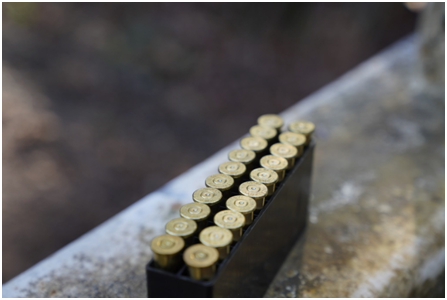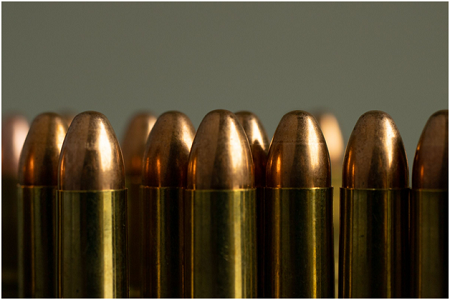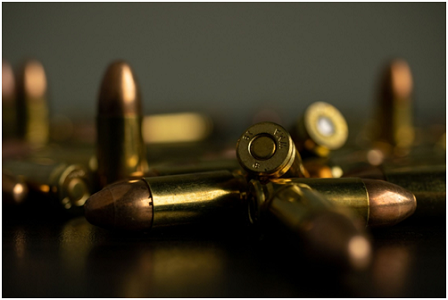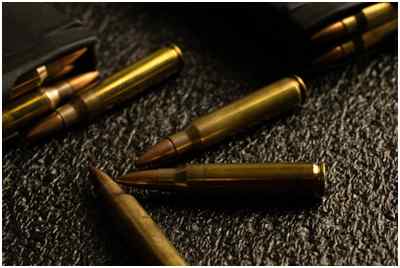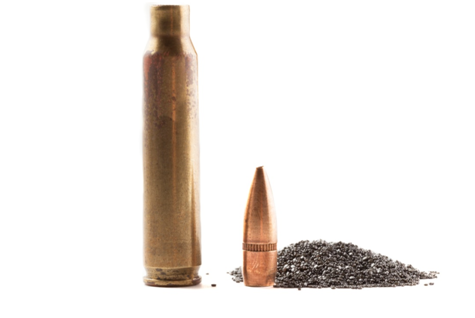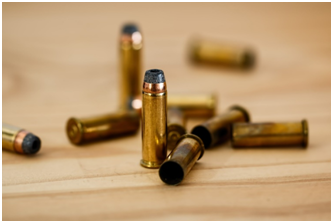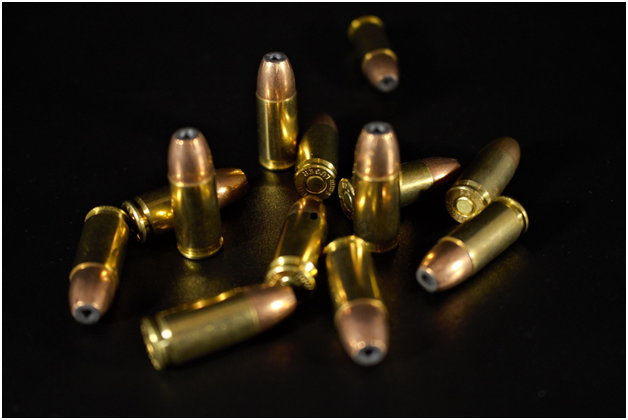
Reloading should be both fun and cost-efficient. Since going live as Titan Reloading.com on August 19, 2010, we have made many friends all over the world. People contact us constantly for information and advice about the best reloading supplies. We continue striving to provide superior product support and believe it is the core of our success. Today, I want to share a few tips that have become obvious over the years. Whether you are new to reloading or have decades of experience, I encourage you to come back often to learn and share tips on the hobby, money-saving tips, and tips for beginners.
#1. Create a Reloading Space. Whether you live in an apartment or house, you need to carve out some space for your reloading hobby. We’ve seen people use spaces as small as three feet by three feet and others take up an entire basement with more than one dedicate reloading bench. If you’re space challenged, a bench plate can be the solution you are looking for. The purpose is to maximize your benchtop real estate. The system has a steel base plate that you mount to your bench and a steel plate that you attach to the base of each of your presses and accessories. When you finish with one piece of equipment, it’s easy to pull it off the bench plate to mount another piece of gear on another plate.
Another space-saving option is a reloading stand that also works with the bench plate. A reloading stand works both as a space saver in small areas or as additional room for the reloader who has no more room on his main bench. The Lee reloading stand is only 26″ wide by 24″ deep and has a steel shelf with two bench plate receivers for presses and mountable accessories.
#2. Use a Reloading Manual. Before you try your buddies’ favorite loads and especially before trying what you read in online forums from unknown strangers, learn the safety and accuracy that comes from loads that have been tested by experts. Use a comprehensive reloading manual to develop safe minimum and maximum loads. No matter how knowledgeable you are, you will find new and interesting information put together by specialists. Even journeyman shooters developing their own loads use a good manual to look up other cartridges with similar capacity and pressure values.
#3. Use a Kinetic Bullet Puller. We all make mistakes but with a bullet puller, you don’t waste the brass. More than one shooter has taken a batch of new rounds to the range only to learn something isn’t right. For whatever issue you run into, a kinetic bullet puller lets you quickly break down your mistakes and reuse the brass.
#4. Build Your Reloading Bench. Referring back to tip #1, a custom bench can maximize the space you have available. The best benches are heavy-duty to last a lifetime and withstand the rigor of pulling thousands of loads. When building it out of wood it should be glued and screwed together. The legs and supports should be heavy-duty with cross-bracing. Top plywood is best at 1” or 1½” in thickness. I suggest a topcoat of polyurethane with a few coats of sealant to prolong the life of the wood and protect it from solvents, gun oil, etc.
#5. Start With Basic Equipment and Reloading Supplies. The simplest way to get started is with a Lee Loader kit. Along with that, you’ll want a single-stage press for the most cost-effective and easiest way to begin reloading. A single stage press teaches you the process basics.
#6. Range Brass for Practice Ammo. Range brass can be okay for practice and maybe shooting in local matches. But it’s not recommended for defense or hunting. Be safe; only collect range brass at the end of your session or when no one is actively shooting. Don’t waste time at the firing range inspecting every piece of brass you see. Instead collect the ones that look good and inspect them at home.
Titan Reloading wants to be part of your reloading experience. You’ll find a constantly updated stream of insights and tips from our blogs, newsletters, help videos, and FAQs.
For further information and to shop our online store please visit www.TitanReloading.com or contact Titan Reloading the Master Distributor of Lee Precision reloading equipment & supplies at 262.397.8819 with any questions.

